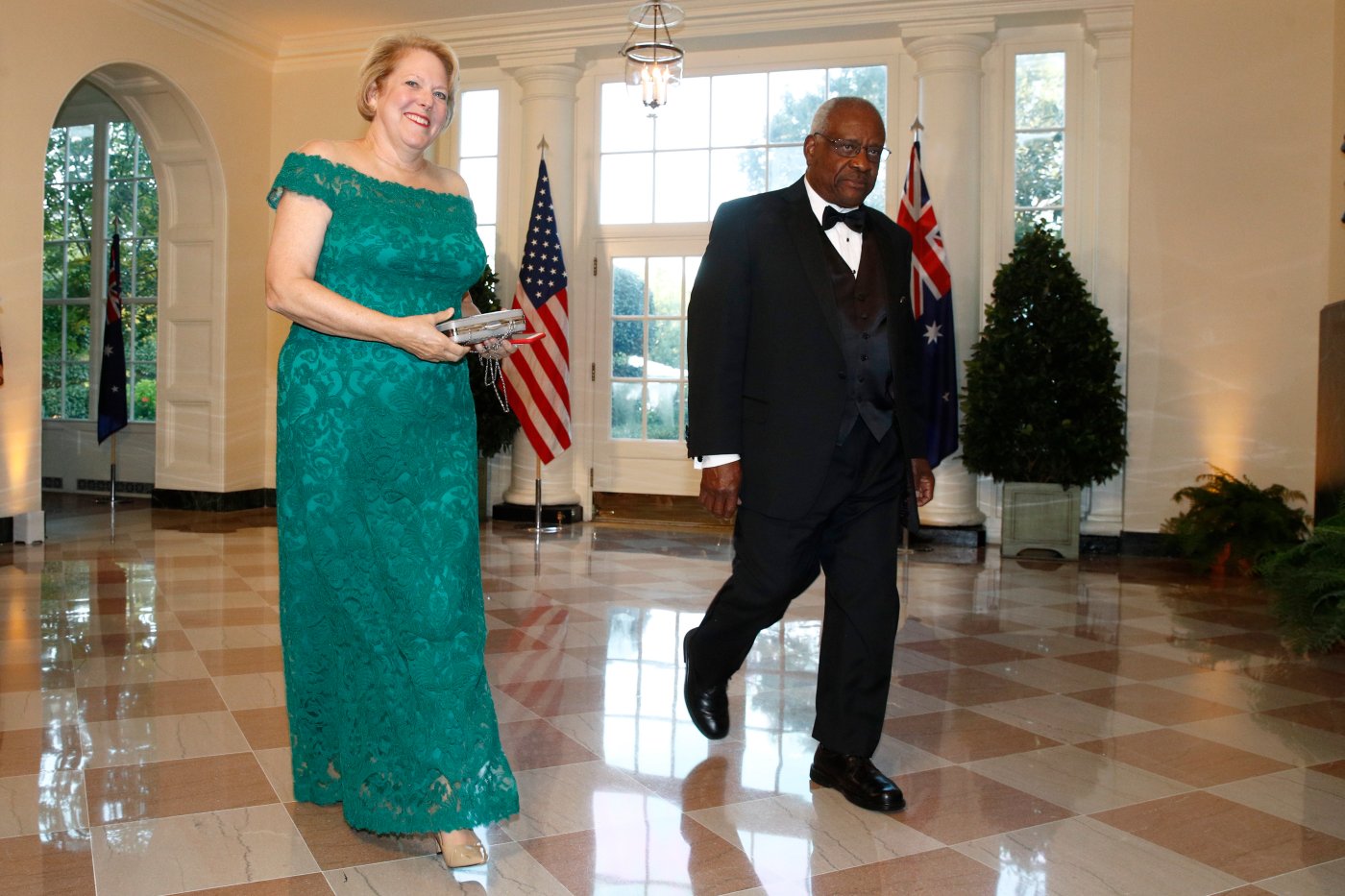
A great deal has been written about the obligation of judges obligation to recuse themselves from certain cases where they are perceived to have a conflict in the past few months.
Case 1: Supreme Court Justice Thomas Alito’s wife flew two flags associated with pro-Trump positions on their shared properties. Thus, the Democrats argue that Justice Alito should recuse himself from decisions relating to Donald Trump and to the insurrection cases stemming from Jan. 6, 2021.
Case 2: Judge Manuel Merchan, who presided over the Trump criminal trial in New York had given a $15 campaign contribution to the Biden campaign four years earlier and $20 to other political entities, and his daughter has some professional relationship to the Democrats. Thus, the Republicans take the position that Judge Merchan should have recused himself from the case due to the appearance of impropriety and this will be asserted as one of the grounds for appeal.
Case 3: Supreme Court Justice Clarence Thomas’ wife has sought to overturn the election of 2020 by trying to influence various states to ignore the actual election results. Thus, the Democrats have called on Justice Thomas to recuse himself in political cases relating to the election and the insurrection.
There is Supreme Court precedent on recusal. In West Virginia, a man named Hugh Caperton had sued Massey Coal Co. in 2002 over contract issues and won a verdict of $50 million. Thereafter, there were elections for appellate judges in West Virginia. (In Maryland, we do not elect our appellate judges in contested partisan elections, but they do so in West Virginia and most other states). One of the candidates, a lawyer named Brent Benjamin, received $3 million in campaign contributions from the CEO of Massey Coal. Mr. Benjamin won and became Justice Benjamin, of the highest court in West Virginia.
When the appeal was heard, motions to recuse the newly elected Justice Benjamin based on the massive campaign contributions he received from the litigant were denied. The West Virginia court found in favor of the coal company, reversing the $50 million verdict in a 3-2 decision. As you might guess, Judge Benjamin, the recipient of the CEO’s campaign contributions, was part of the majority.
Ultimately, the Supreme Court of the United States had to decide if the contribution of $3 million to the judge required that judge to recuse himself. In a 5-4 decision in 2009, the Supreme Court reversed. Calling the campaign contributions “extreme” the court found that Caperton was denied due process.
The four judges in the minority found nothing improper in a judge hearing a case after receiving $3 million in campaign contributions from a party in the case before him. Among them were Justices Thomas and Alito.
The standard for whether a judge should recuse himself is set forth by the American Bar Association as follows: “whether the conduct would create in reasonable minds a perception that the judge’s ability to carry out judicial responsibilities with integrity, impartiality and competence is impaired.”
So, one has to ask, in the case of Judge Merchan: Would a $15 campaign contribution to Biden’s campaign four years earlier or his daughter’s activities create “in reasonable minds” a question of impartiality? Or, in the case of Justice Alito: Would the flying of two flags by his wife create “in reasonable minds” a question of impartiality? Or, in the case of Justice Thomas, would the political positions espoused by his wife create “in reasonable minds” a question of impartiality?
In any event, an appropriate analysis of whether a judge should recuse himself is more complicated than determining if the judge is a Democrat or Republican and where you stand on the political spectrum. The current discussions as to Judge Merchan, Justice Alito and Justice Thomas demonstrate how divided the American people are on political issues.
Moreover, one wonders if there are any “reasonable minds” out there in the population.
Irwin E. Weiss (irwin@irwinweiss.com) is an attorney and has been a member of the Maryland Bar for 45 years.





